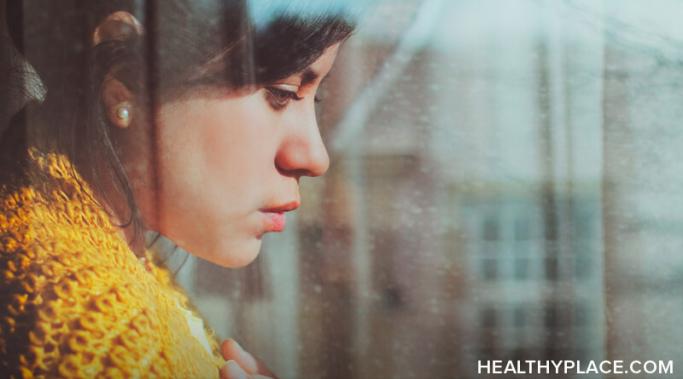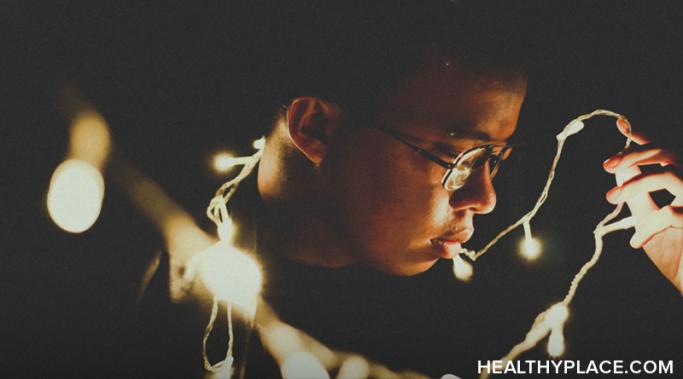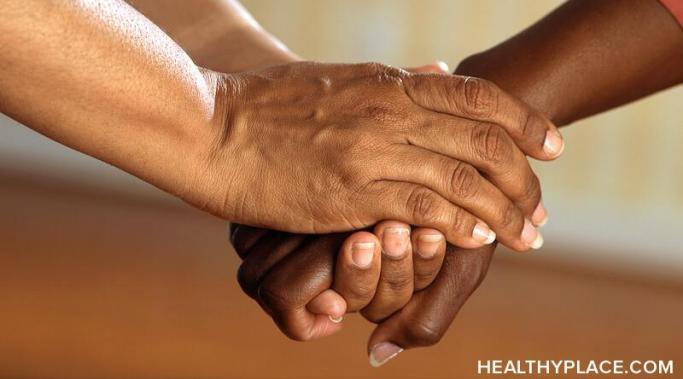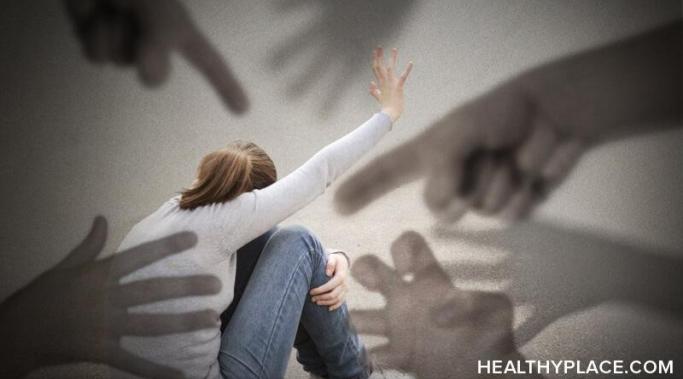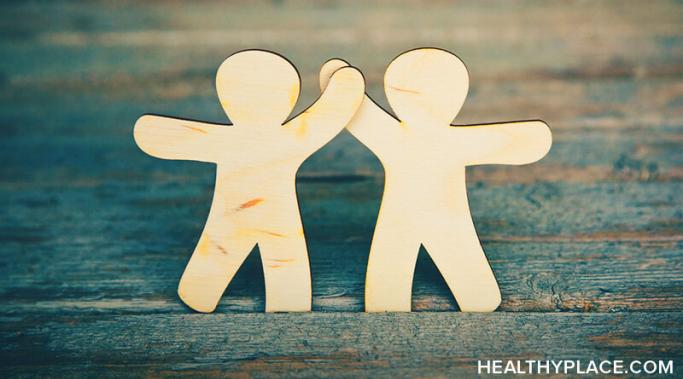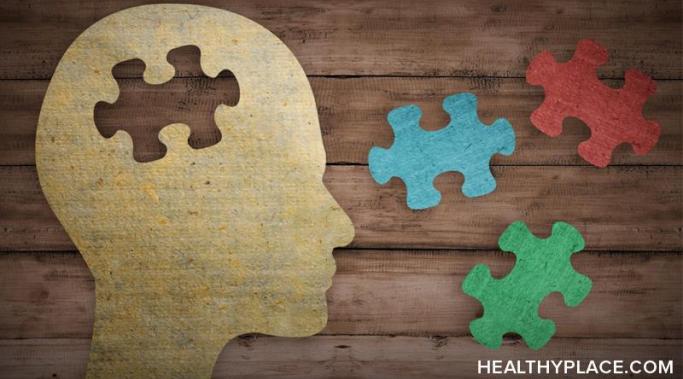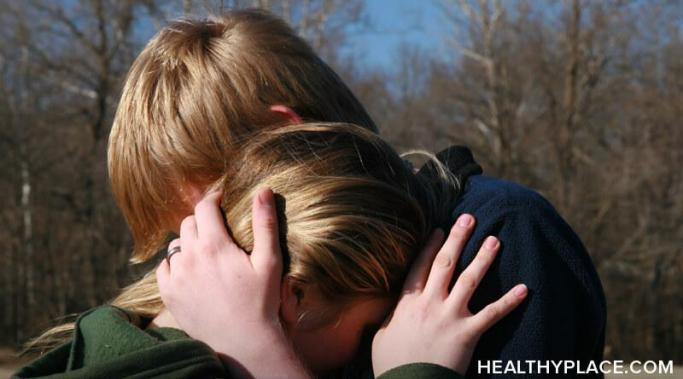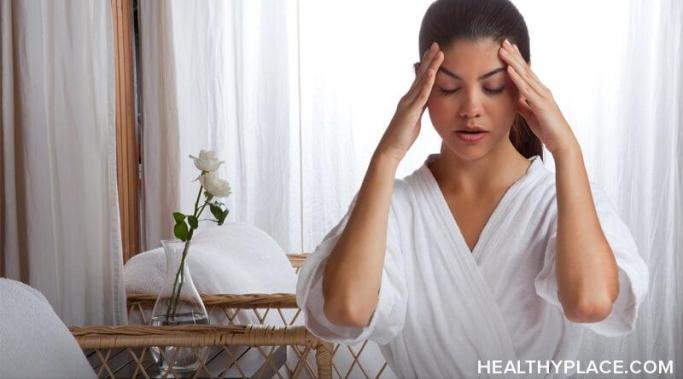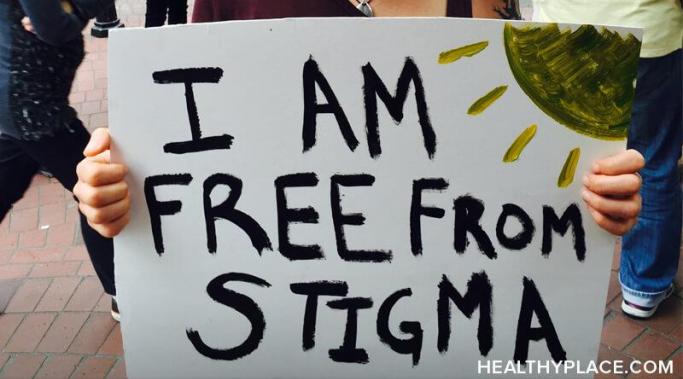I see a certain question come up time and again in discussions about health—which is more important: physical or mental health? Even if no one directly asks that question, the undertone of a large number of these conversations pits these two aspects of health against one another. We're even seeing it now with the global pandemic that continues to shake the world.
Stigma and Society's Perception of Mental Illness
One important thing for folks to realize is that mental health struggles don't take a holiday. Given the year that 2020 has been and the on-going restrictions on gatherings across the globe, I imagine that it may be easier to see than ever before, with the holidays looking different than usual. All the same, I wanted to take time to comment on mental health struggles during the holiday season and how mental health stigma factors into that.
Recovery may not look as expected, and I believe reshaping mental health recovery can be a tool to combat mental health stigma. By challenging the perception we have of recovery, it may help people understand that mental health struggles don't necessarily go away. Reshaping mental health recovery can contribute to stopping the idea that we should associate mental health struggles with willpower, contagion, and other harmful notions brought on by stigma. There are two keys ways I see to do this.
I don't talk about my anxiety a lot. Part of that, I think, is because of how mental health stigma has shaped anxiety disorder as worries or thoughts that people can't seem to get past. It's difficult to explain to those people the depth of anxiety's impact, and sometimes even for those who do have a better concept and understanding of it, it can be tough to relay exactly how it feels.
Mental health crises can happen anywhere at any moment, such as in a public place. Time and time again, I've seen those public moments captured in photos and videos online, turning a moment of pain into a show that people seem to feel entitled to gawk at and criticize. This needs to stop because mental health crises are not spectacles. Making them into such is stigmatizing and potentially harmful to the individual struggling.
When you're up against something and constantly pushing back against it, it's inevitable to wonder if the efforts are achieving anything. For instance, are we making progress combatting mental health stigma? There are campaigns upon campaigns, advocates upon advocates, so many voices and messages joining and leading the conversations about mental wellness and mental illness alike year after year. Surely, we must be making some progress combatting mental health stigma, right?
Mental health stigma not only changes how we perceive people, but it also changes the perception of learned behavior. When we take a deeper dive into behaviors that are written off with the excuse of the person doing them being "unstable" or with even harsher language, such as "psycho," it becomes clearer how mental health stigma can mask learned poor behaviors.
Mental health stigma is easier than compassion for those who struggle with mental health issues. Have you ever thought about how easily people seem to stigmatize others for their mental health struggles? The words are part of commonplace conversation and the way people with mental illness are treated is almost commonplace behavior. It doesn't take effort to participate in stigma.
There are a number of facets in the relationship between hygiene and mental health stigma. We probably recognize that mental illness affects hygiene, but the relationship extends to how both are viewed and the overall impact because of that relationship. This is where stigma comes into the picture.
Privilege has a role in overcoming mental health stigma, although it's not often at the forefront of our conversations in this sphere. I hadn't thought about it until recently, but when I mull over it and think about the many ways that privilege manifests, I can absolutely see privilege's role in overcoming the stigma around mental health.
